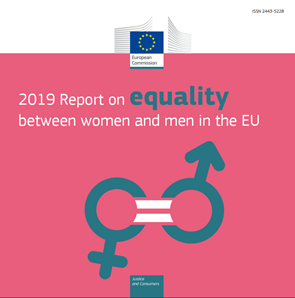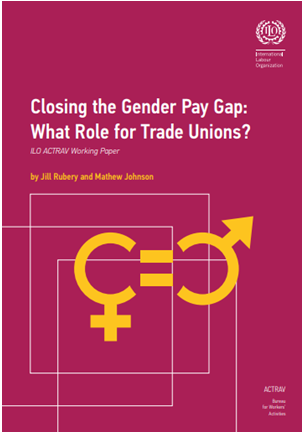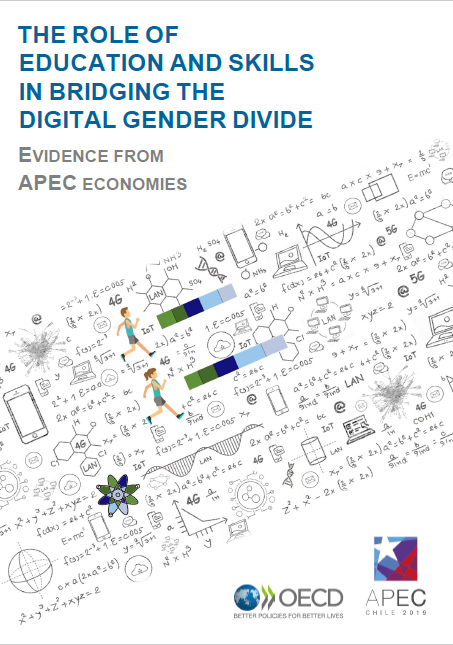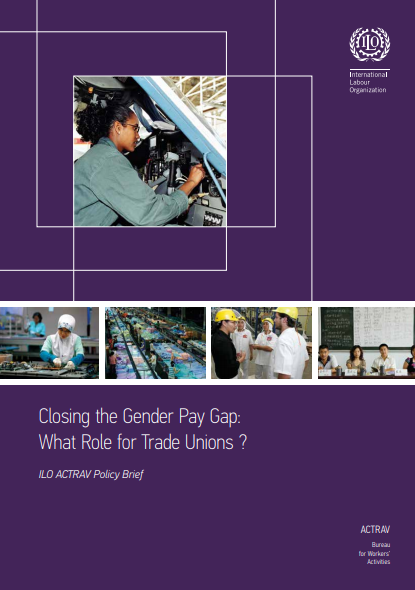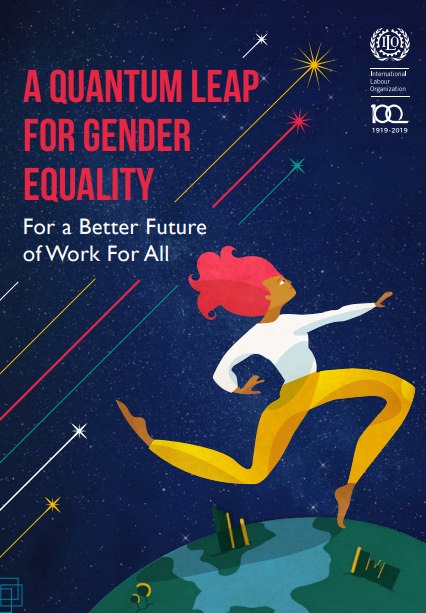Women Count data base
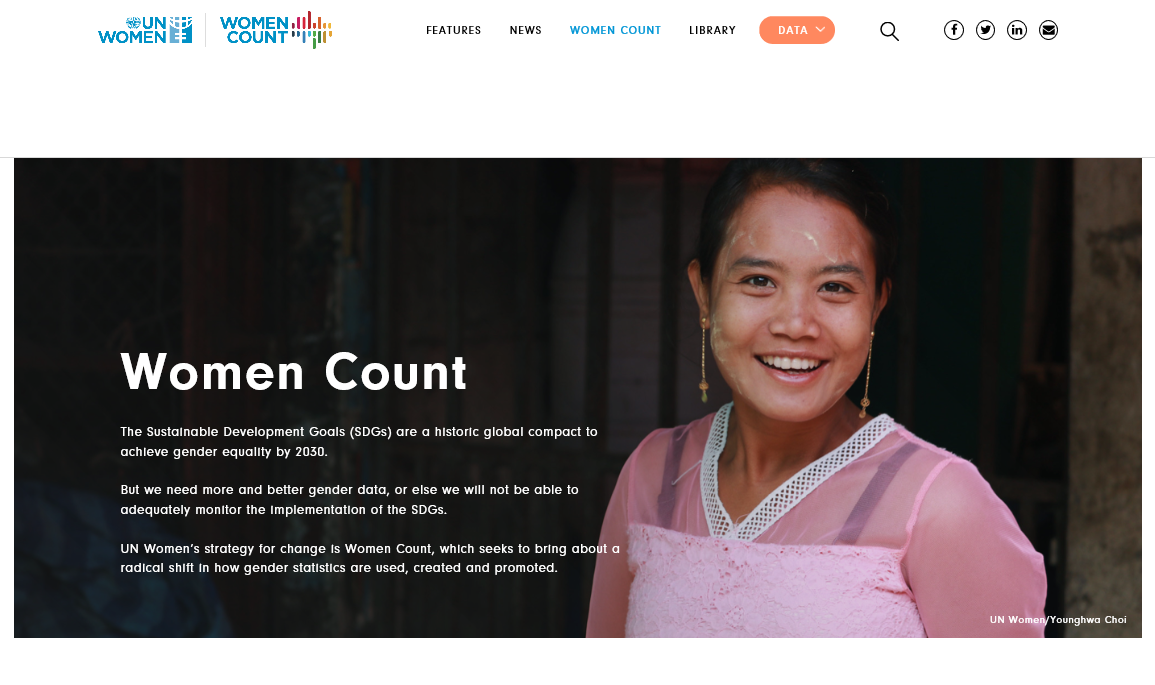
The Role of Education and Skills in Bridging the Digital Gender Divide: Evidence from APEC Economies
Women at Work in G20 countries – Progress and Policy Action
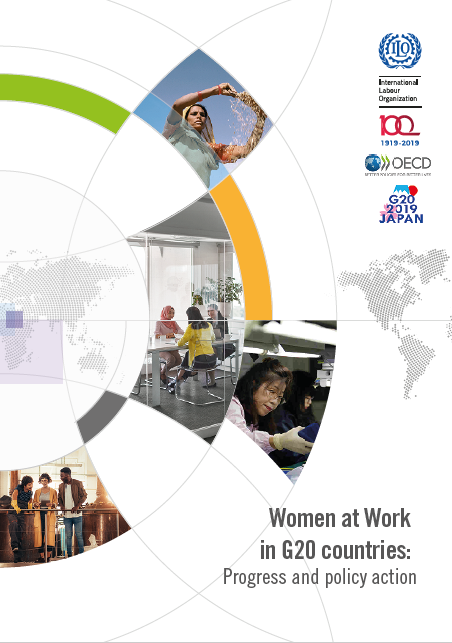
Side Event: Equal Pay for Work of Equal Value
Side Event: Equal Pay for Work of Equal Value
When: 22 March 2019 | 13:15–14:30
Where: International Conference Centre Geneva
Building upon the momentum gained since the launch of the Equal Pay International Coalition (EPIC) in September 2017, the Permanent Mission of Switzerland to the World Trade Organisation (WTO) and the European Free Trade Association (EFTA) (UN ECE, UNCTAD, ITC) and the Permanent Mission of Iceland, in partnership with the EPIC Secretariat, OECD, ILO and UN Women, will launch EPIC in the Europe and Central Asia (ECA) region and bring together regional leaders including governments, trade unions, private sector, and civil society to share knowledge, and exchange good practice on how to accelerate the achievement of equal pay for work of equal value.
BACKGROUND
Sustainable Development Goal (SDG) 8 promotes sustained, inclusive and sustainable economic growth, full and productive employment and decent work for all women and men, including
for young people and persons with disabilities. Equal pay for women and men for work of equal value is central to realizing gender equality and women’s economic empowerment, reducing poverty and promoting economic growth. To sustain SDG 8, there is the necessity to acknowledge the central role played by gender equality (SDG 5) in having a multiplier effect on the accomplishment of all the SDGs, including SDG 8. Therefore, UN Women, ILO and OECD joined forces to accelerate progress towards SDG target 8.5 on full employment and decent work with equal pay, by leveraging expertise across a diverse range of stakeholders through concrete actions on the ground and in workplaces.
OUTCOME
Call to action by key actors to become a member of EPIC and accelerate action to achieve equal pay for work of equal value.
OBJECTIVES
- Host a multi-stakeholder dialogue to advance the achievement of full and productive employment and decent work for all women and men and equal pay for work of equal value
- Raise awareness of the persistent gender pay gap in the UNECE region and beyond, as well as its causes and consequences
- Facilitate knowledge exchange and sharing of best practices among key actors in the UNECE region
- Galvanise action from key actors to achieve equal pay for work of equal value
PARTICIPANTS
Representatives of government entities including ministries responsible for labour and employment, ministries responsible for gender equality and national statistical offices, employers’ and workers’ organizations, relevant UN entities, the private sector, trade unions, gender advocates from the countries of ECA region.
